Back Pain & Sciatica
Are you experiencing symptoms of a bad back or perhaps sciatica associated with back pain? At KTB Physiotherapy, our extensive experience in treating back injuries allows us to provide effective recovery solutions tailored to each individual's needs. We understand how vital it is for you to regain your mobility and return to the activities you cherish. Our dedicated team is here to support you through your rehabilitation journey, ensuring you receive the best care possible. To assist you further, we have compiled a list of frequently asked questions that address common concerns and provide valuable insights into your recovery process. With our guidance, we aim to empower you to overcome challenges and enhance your quality of life, so you can get back to doing what you love with confidence.


Do I need an MRI for my back?
Should I rest my back? (See...more)
Does posture matter? (See... more)
Is Pilates good for back pain? (See... more)
Will Physio help my back pain? (See... more)
Chiropractor or Physiotherapist for back pain? (See more)
Back support or brace slipped disc? Will it help? (See...more)
Back Pain - Frequently Asked Questions and Tips
Should I rest my back?
Whilst rest might provide a temporary relief, excessive rest is generally not recommended for back pain. Instead, staying active and moving around as much as possible can help with recovery and prevent stiffness and muscle weakness. A combination of light activity, proper posture, and potentially some exercise can be more beneficial than prolonged bed rest.
For most people with back pain, it is generally recommend not to bed rest for longer than 48 hours. Studies have shown, staying in bed for extended periods can actually worsen back pain and delay recovery.
Do I need an MRI for back pain?
An MRI is generally not necessary for most cases of back pain. It's usually reserved for situations where there are concerns about serious underlying conditions or when conservative treatments haven't been effective.
An MRI is more likely to be recommended if:
Back pain is severe and doesn't improve with conservative care.
There's numbness, tingling, or weakness in the legs or feet, which could indicate nerve compression. Potentially a case called Cauda Equina.
There's a history of cancer, or other conditions that could be causing back pain.
There's a suspicion of a fracture, infection, or other serious spinal condition.
Is always good to be aware that is some cases, MRIs can also be misleading. Many people with back pain have findings on an MRI (like disc degeneration or bulges) that are also common in people without pain. These findings don't necessarily mean they're the cause of the pain.
If you're concerned about your back pain, it's best to discuss your symptoms and treatment options with a doctor or other qualified healthcare provider i.e. Physiotherapist.
Can physiotherapy help with back pain?
Physiotherapy can be effective in managing and reducing back pain. Physiotherapists use various techniques, including manual therapy, exercises, and advice on how to care for your back, to improve movement, reduce pain, and prevent future issue
Is Pilates good for back pain?
Pilates can be beneficial for back pain. Pilates can improve back pain by strengthening core muscles, enhancing spinal mobility, and improving posture.
Chiropractor or Physiotherapist for back pain?
Both physiotherapists and chiropractors can be effective for treating lower back pain, but they approach it differently. Physiotherapists focus on restoring movement and function through exercises, manual therapies, and addressing soft tissue issues. Chiropractors, on the other hand, primarily use spinal manipulation and adjustments to address spinal alignment and function.
Most spinal alignment will be achieved through correction of muscle functioning and strength equality. Most spinal misalignment occur from poor day to day muscular activity, if this does not change then regular spinal misalignment is more than likely to reoccur.
Does posture matter?
Posture matters significantly, impacting various aspects of health and well-being. Poor posture can lead to aches, pains, and other health problems, while good posture can improve breathing, balance, and overall physical function.
Being mindful about your posture is important, particularly if you endure a daily role which included being in a static position for long periods of time.
Simply just sitting up straight is not likely to be enough to aid postural correction. Postural correction is a result of postural strengthening exercises, it is recommended to be prescribed specific type of exercises to aid. Some pilates exercises include postural correction related exercises.
Back support or brace for slipped disc? Will it help?
If your doctor or healthcare professional hasn't advised you to use a back brace or support then it is mostly not recommended. Please check with a healthcare professional first before use.
Back supports can help to provide stability and support, reduce strain on the spine, and improve posture. However, like prolonged rest, back supports can further make the back muscle weak as it inhibits normal functioning. They are not a cure and can result in prolonging or preventing appropriate recovery, cause a reliance on the support and could exacerbate or cause further injury. Again, please check before using.
What is good for back pain?
Try these 8 top tips from KTB Physiotherapy for back pain... click here to download file.
Is walking good for Sciatica?
How long does it take to correct posture?
Move More, Live Well...
Expert physiotherapy for your health and well-being
Support & Enquires
KTB Physiotherapy © 2024. All rights reserved.
Follow us...


